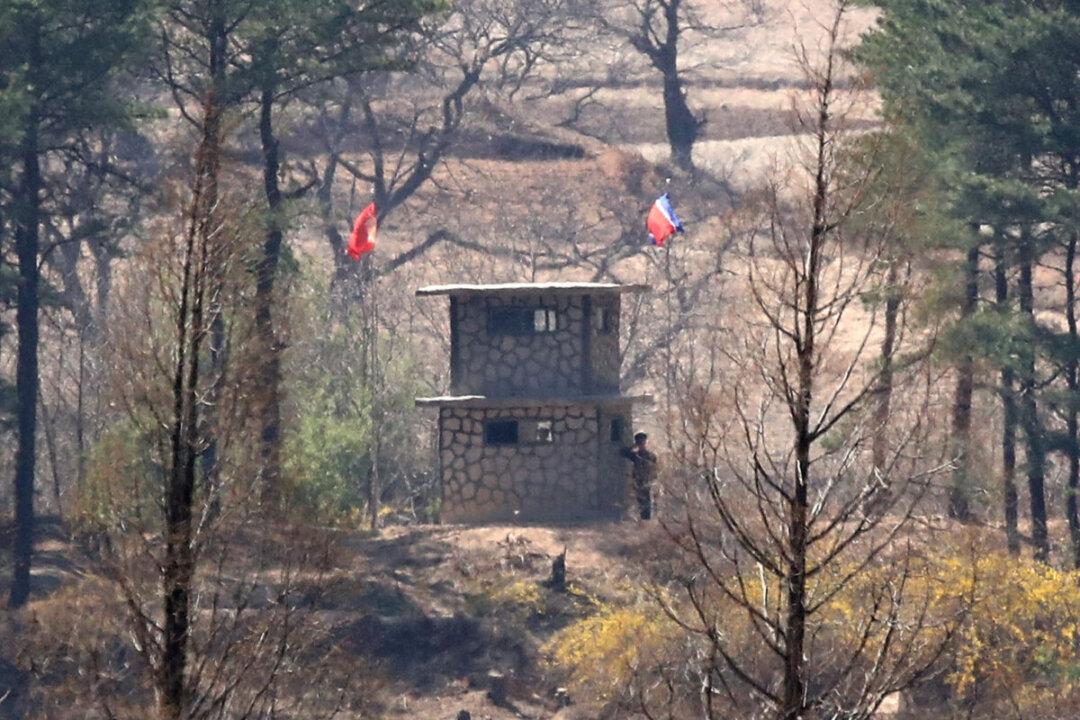A former senior military officer in the North Korean spy agency, now a defector, testified recently that a North Korean spy infiltrated the South Korean presidential office for five or six years in the early 1990s, and then returned to North Korea.
Wearing sunglasses while on camera, Kim Kuk-song, a Senior Colonel of the North Korean Reconnaissance General Bureau, told the BBC on Oct. 11 that it took him 30 years to reach the top of North Korea’s spy agencies, which are “the eyes, ears, and brain of the Supreme Leader.”





